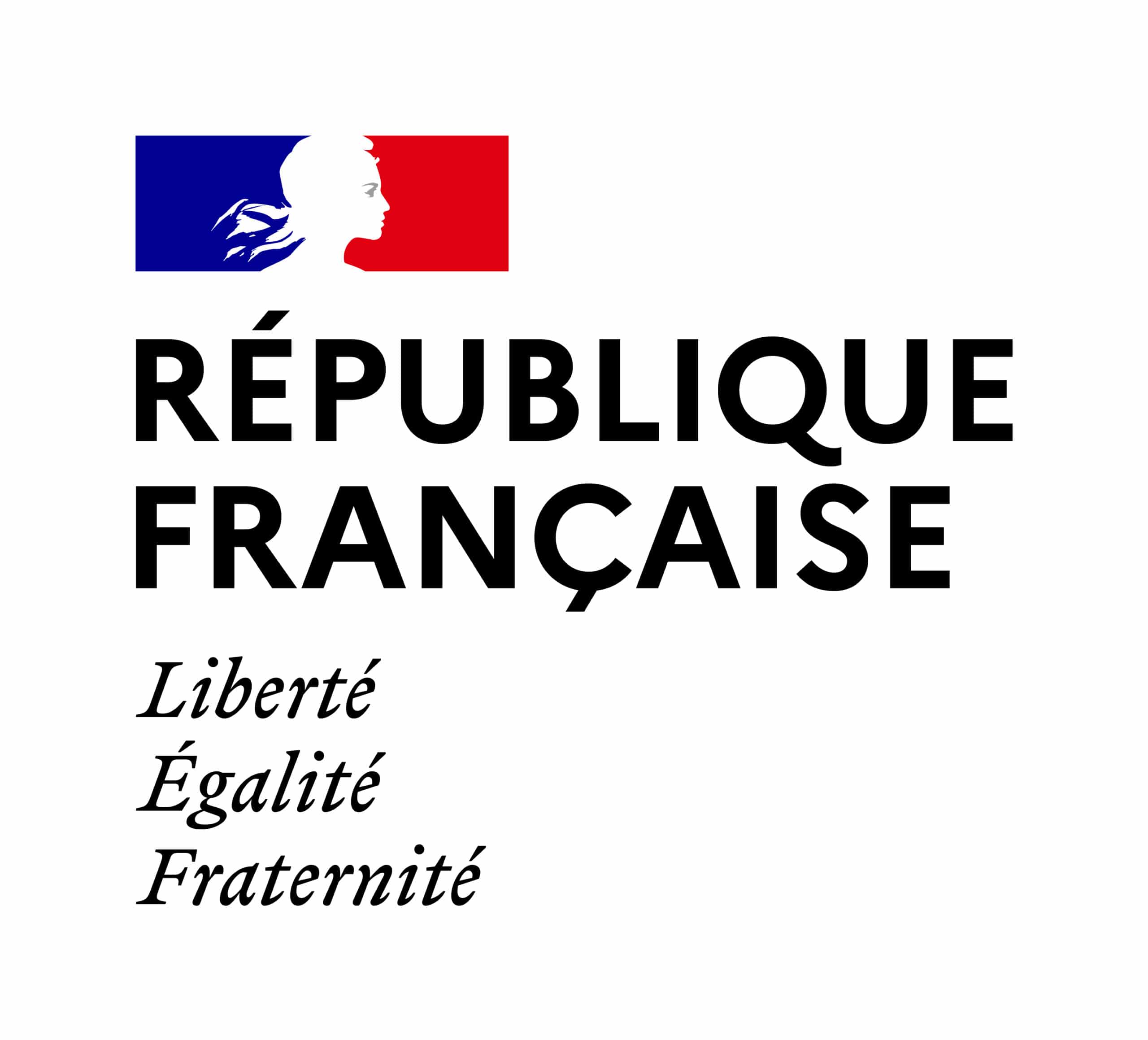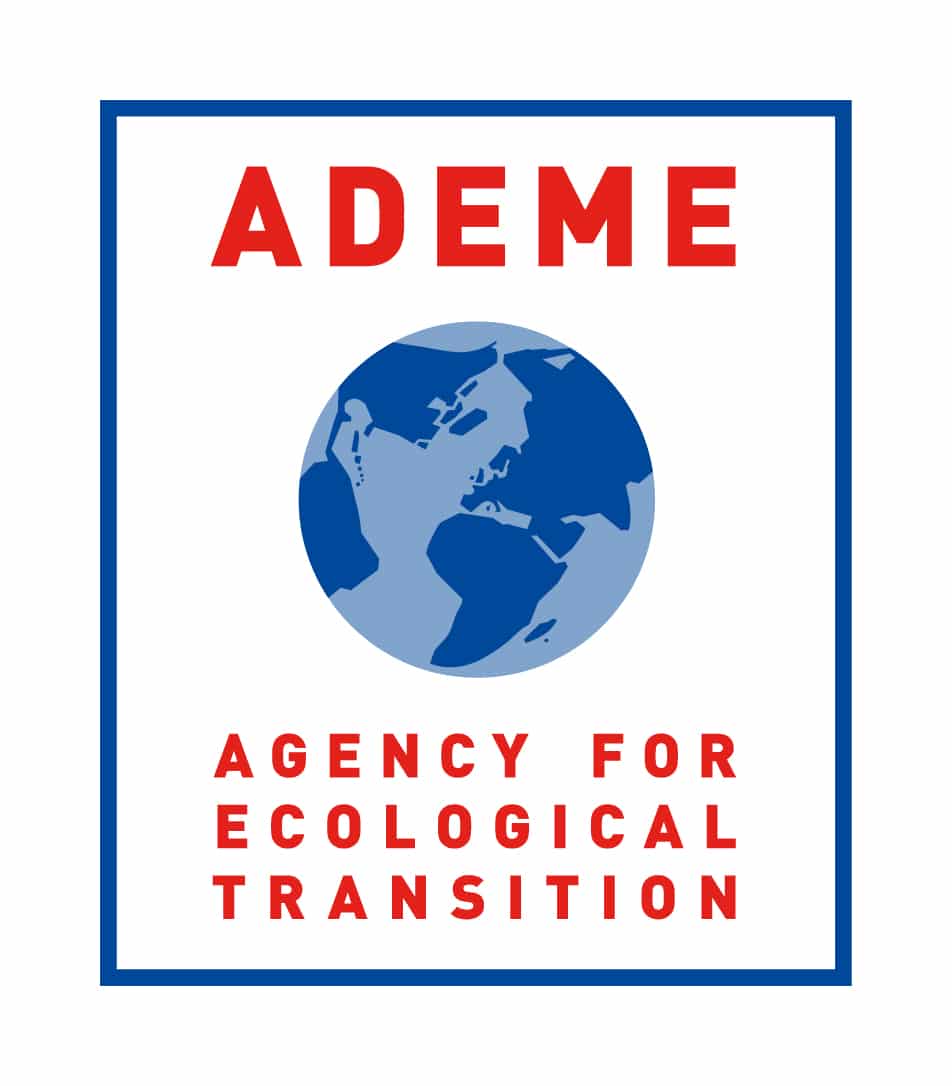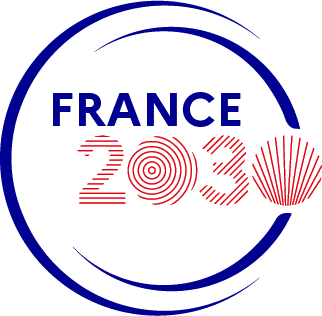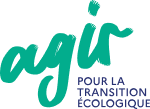ADEME on the international scene
The growing demand for energy and raw materials, climate change and threats to biodiversity make the ecological transition a global strategic issue. As the public agency for the ecological transition in France, ADEME has integrated the UN's Sustainable Development Goals (SDGs) into its 2020-2023 Objectives and Performance Contract (COP).
In this page:
- Multilateral expertise
- Participation in technology collaboration programmes
- Participation to the International Organisation for Standardisation
- Bilateral and operational activity in two priority areas of intervention
Multilateral expertise
With its expertise, ADEME plays an influential role in international multilateral bodies, where it promotes French know-how in the field of ecological transition.
Alongside our tutorship in climate negotiations
The Agency supports its line ministries in international climate negotiations. Our work is reflected in the context of the exchanges of best practices and the sharing of experiences with our international counterparts.
Contribution to international initiatives
In partnership with international funders, we promote French public policies and disseminate the results of exemplary projects. As part of the Global Climate Action Agenda, led by the UNFCCC (United Nations Framework Convention on Climate Change), the Agency is engaged in several international coalitions aimed at strengthening the action of non-state actors in the fields of sustainable building, urban mobility and sustainable energy in Africa. We are also leaders of the ACT (Assessing low Carbon Transition) initiative, which proposes sectoral methodologies to assess the contribution of corporate climate strategies to the objectives of the Paris Agreement. As such, we mobilise companies, academics, investors, associations and public authorities.
Club ADEME International, a platform to promote French Green-Tech
ADEME federates and coordinates a network of more than 130 French SMEs in the ecological transition sector, European and world leaders, exporting intermediate-sized enterprises and innovative start-ups. The objective is to promote an integrated and innovative offer of French solutions, in line with our strategy for companies.
Participation to the Technology Collaboration Programs
ADEME and 140 French experts are involved in 18 Technology Collaboration Programs (TCP) on renewable energy, energy efficiency, networks, storage and transport. These programs are key to the energy transition as they facilitate the exchange among countries of highly relevant research results and best practices.
Participation to the International Organisation for Standardisation
We are also contributing on the international scene to the development of ambitious normative frameworks for the environment and for sustainable development. We are doing so by participating in working groups of the International Organization for Standardisation (ISO).
Bilateral and operational activity in two priority areas of intervention
For efficiency purposes, our international action focuses on the priority geographical areas of sub-Saharan Africa and the Mediterranean, and to a lesser extent on some overseas neighbouring countries, China, Korea, Canada, India, Japan and Vietnam. These interventions are based on the signing of cooperation agreements in the fields of energy, climate or circular economy and result in the sharing of forward-looking visions and support for technological innovations.
In sub-Saharan Africa and the countries of the Mediterranean zone, ADEME contributes to the achievement of the SDGs in terms of universal access to energy, energy efficiency of buildings and the circular economy. As such, we support and finance exemplary projects internationally for the benefit of institutional counterparts, NGOs, companies and local authorities. In this perspective, we seek to create synergies with global technical and financial partners, such as the French Development Agency (AFD).
Cooperation with the French Development Agency
ADEME and the French Development Agency, AFD have renewed their partnership agreement for the 2019-2023 period. The two agencies aim to make the ecological transition a lever for development and resilience for many regions on the front line of the effects of climate change. In concrete terms, this cooperation is reflected in the co-drafting of roadmaps and the launch of joint calls for proposals in the following strategic areas:
- Sustainable energy, in particular access to energy for all in sub-Saharan African countries,
- Energy efficiency under the Building Energy Efficiency Programme (PEEB),
- Sustainable urban innovation and digital transformation (development of collective expertise through the creation of MOOCs),
- Sustainable mobility as part of the partnership with Mobilise Your City,
- The acceleration of the energy transition in French overseas regions through investments in renewable energies, energy efficiency and sustainable mobility solutions.
Ecological transition in the Mediterranean via networking
The ecological transition is a priority for many Mediterranean rim countries. ADEME supports this dynamic by facilitating the sharing of experiences and by supporting the co-construction of effective public policies. In the fields of energy efficiency and renewable energies, ADEME is an active member of MEDENER, an international non-profit association that brings together 12 national energy management agencies from both shores of the Mediterranean. In terms of circular economy, ADEME intends to create the conditions for networking of the actors concerned to meet the challenges of waste management in the Mediterranean.
Overseas, an international showcase
Through its 4 regional directorates and its 3 overseas territorial representations, ADEME is present on 4 continents and radiates in the Atlantic, Indian and Pacific Oceans. Our 2019-2023 Overseas Strategy aims to better integrate overseas territories into their regional environment. The aim is to promote the experiences and successes of the Overseas regions in terms of ecological transition and to promote the dynamics of the green and blue economy at the scale of regional basins.





